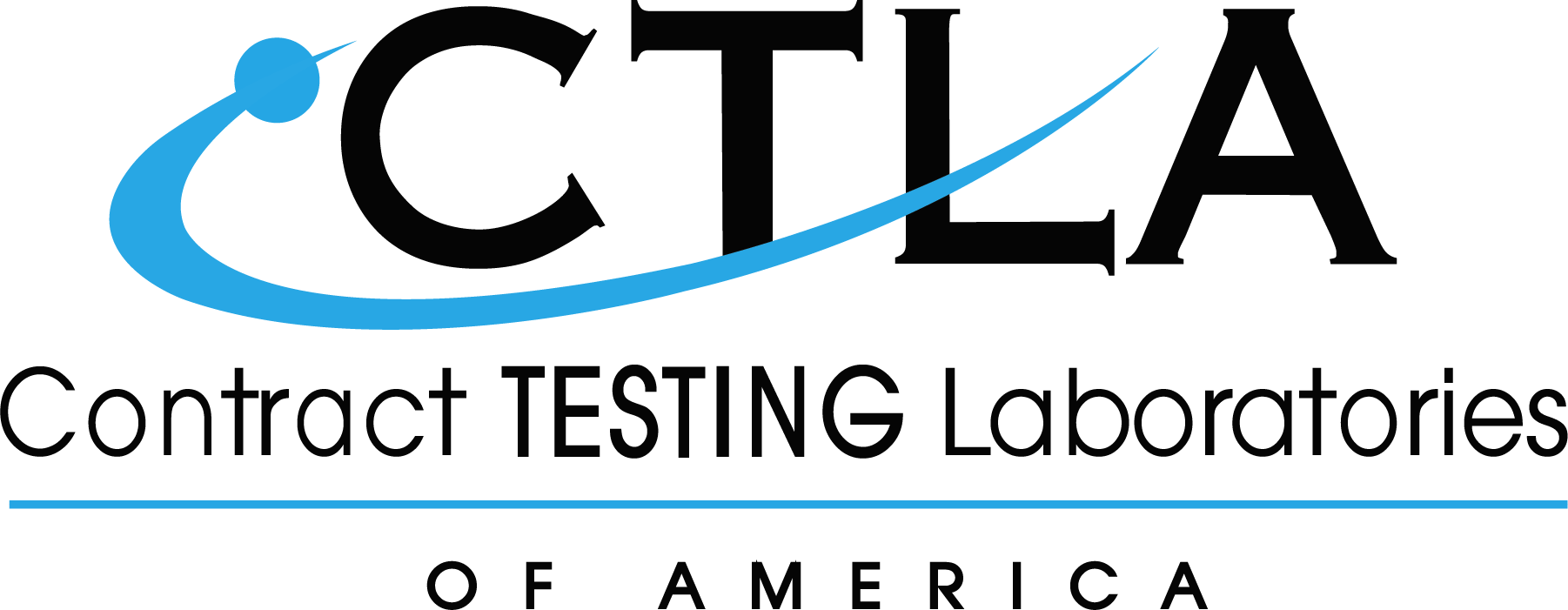Articles
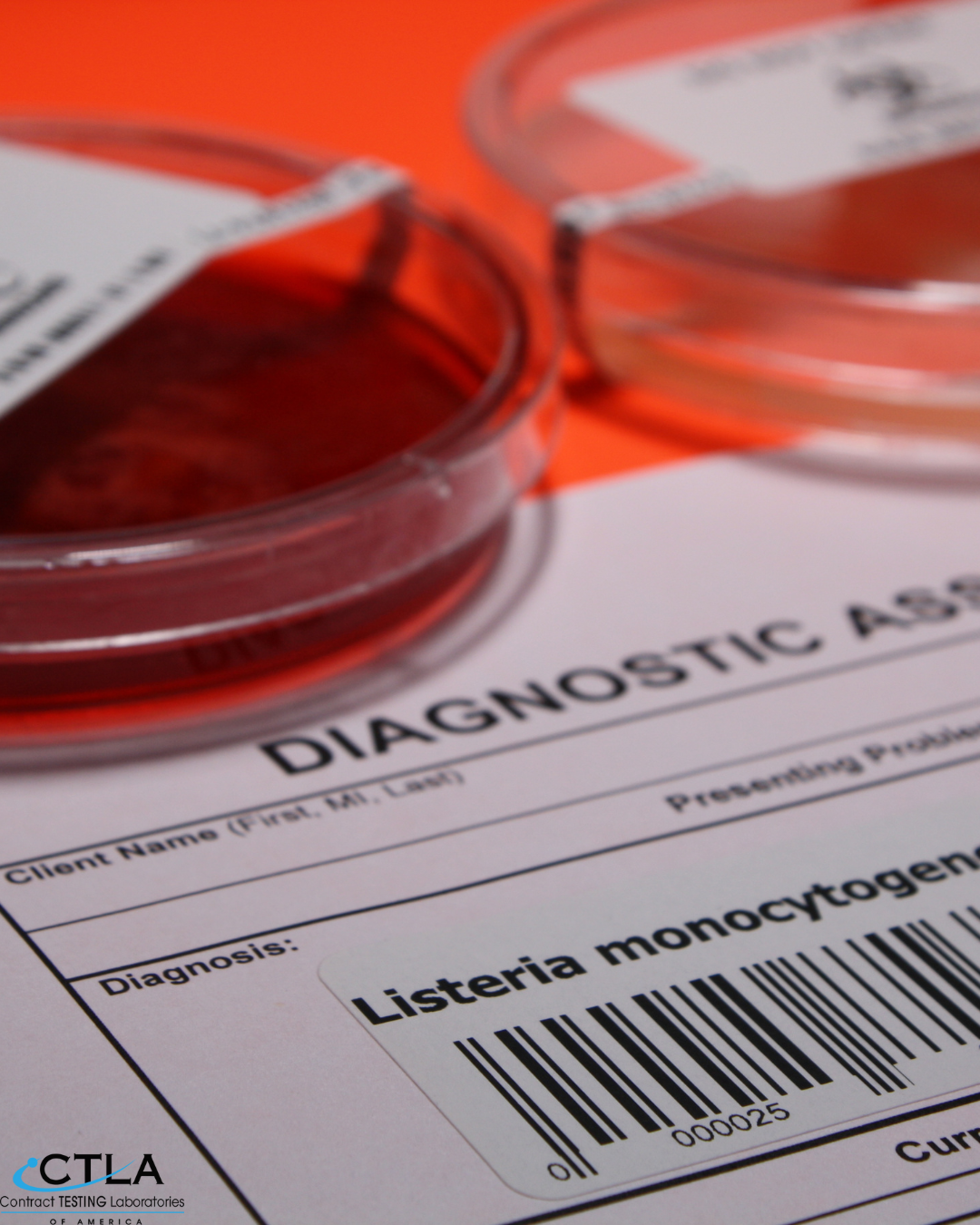
Listeria-The latest threat to American health
Ensure food safety and compliance during recalls with CTLA's advanced Listeria testing services. At Contract Testing Laboratories of America (CTLA), our microbiology experts use state-of-the-art me...
Read more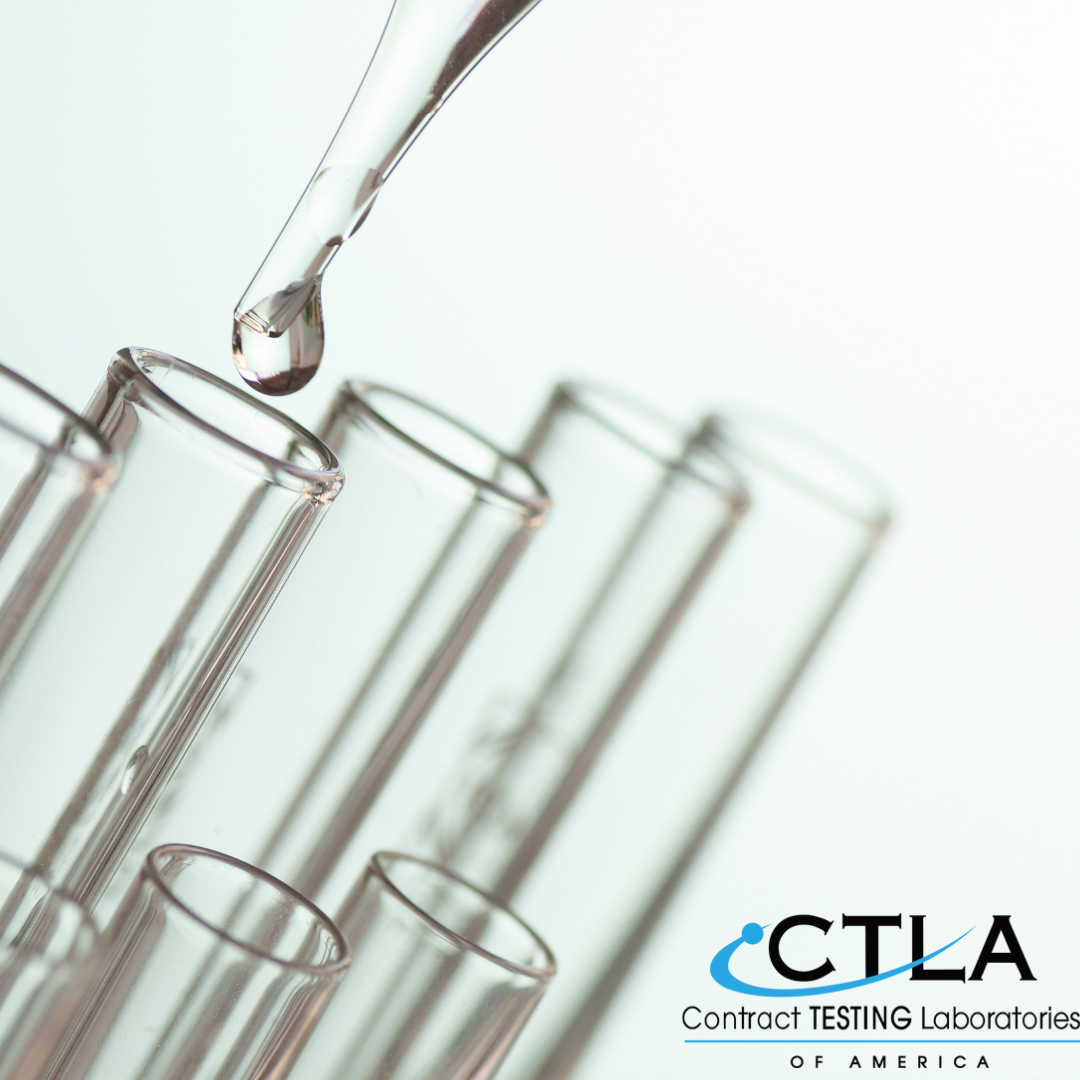
As the industry evolves, these labs are now embracing advanced technologies like polymerase chain reaction (PCR) testing, setting new benchmarks for quality assurance.
Read more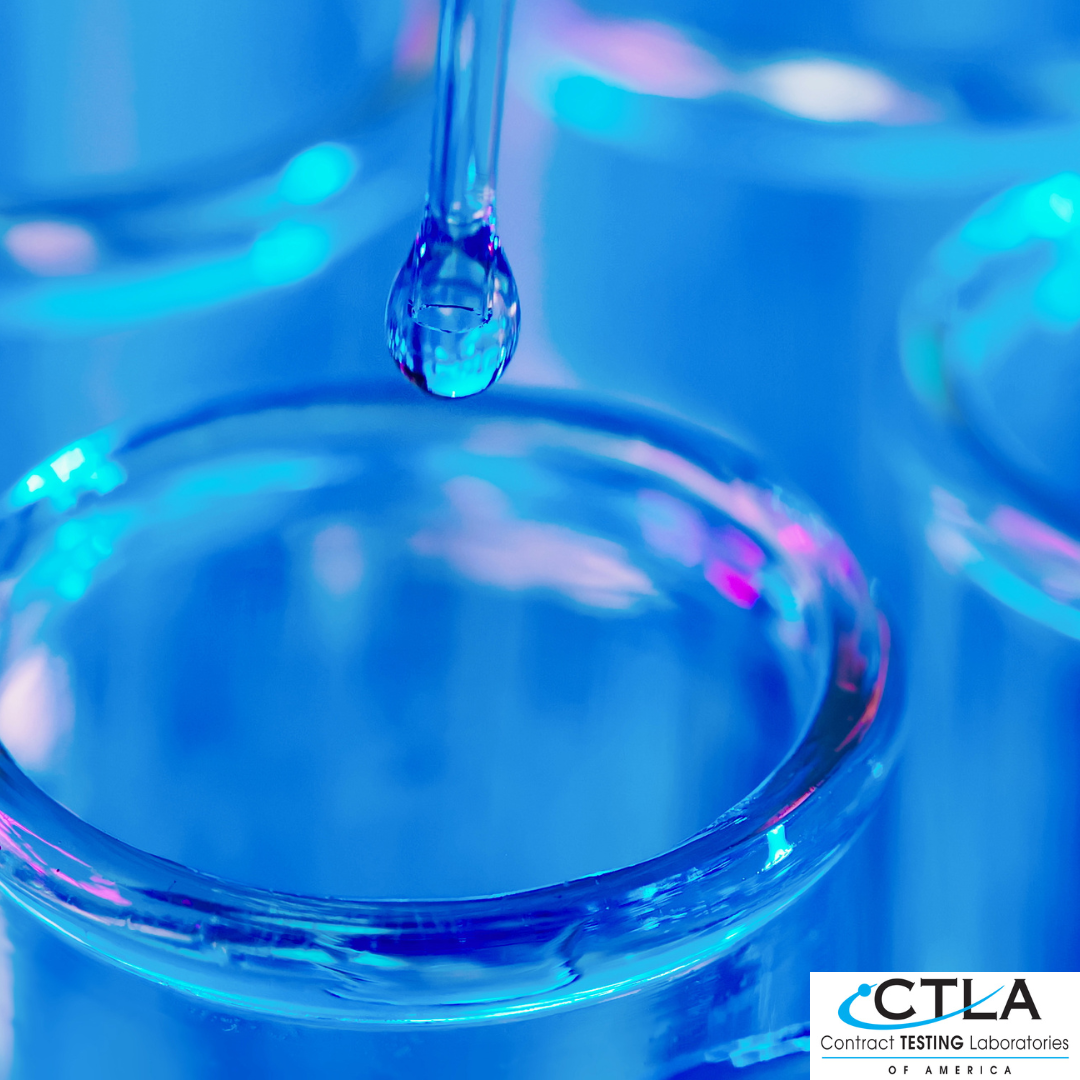
CTLA stands out as the premier choice for your testing needs
Contract Testing Laboratories of America (CTLA) stands out as the premier choice for companies seeking comprehensive and reliable testing services for dietary supplements, food, and cosmetics. As a...
Read more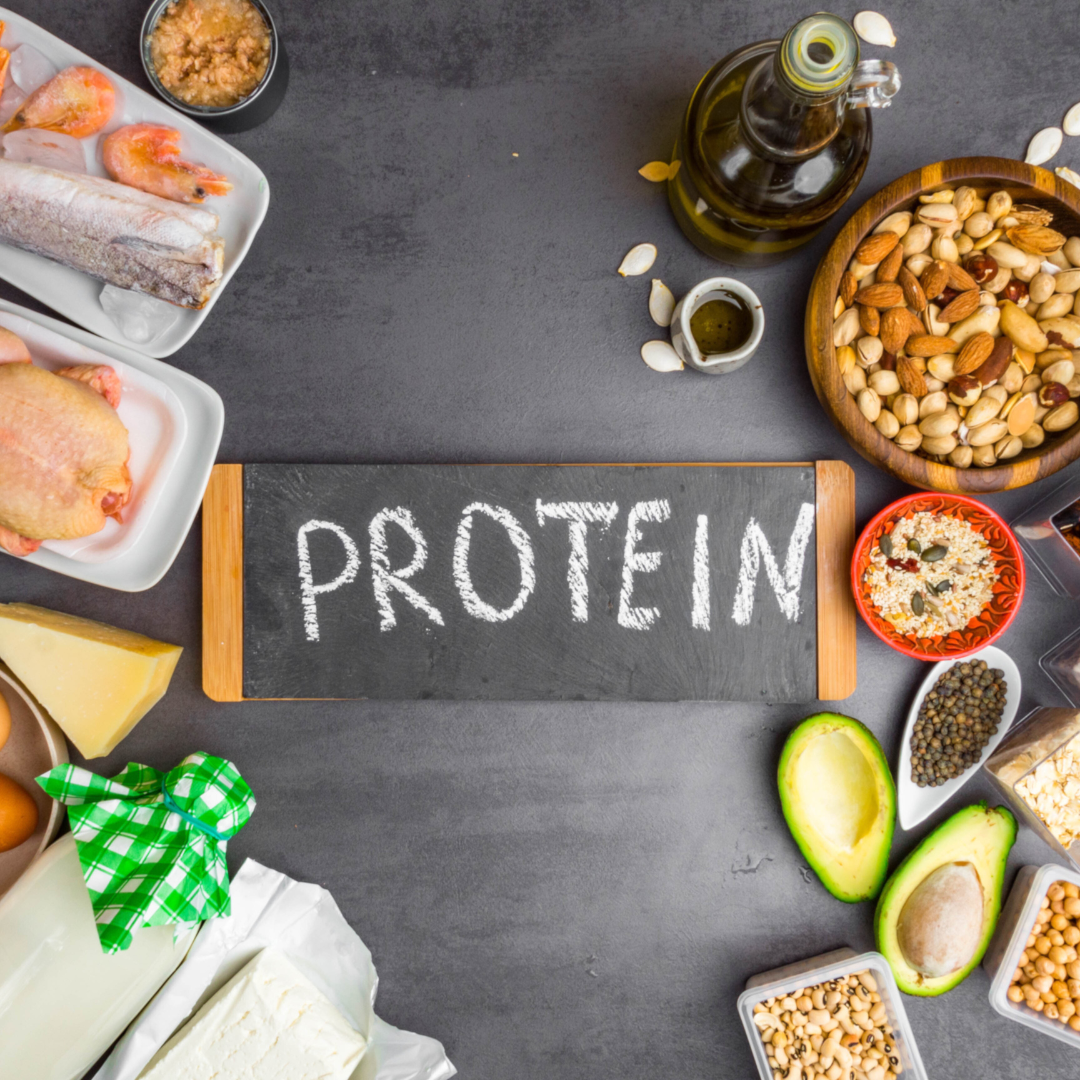
Dumas Method Provides Fast, Accurate, and Inexpensive Protein Testing The Food and Drug Administration (FDA) requires the nutrition facts label on packaged foods ‒ for both human and pet consumpt...
Read more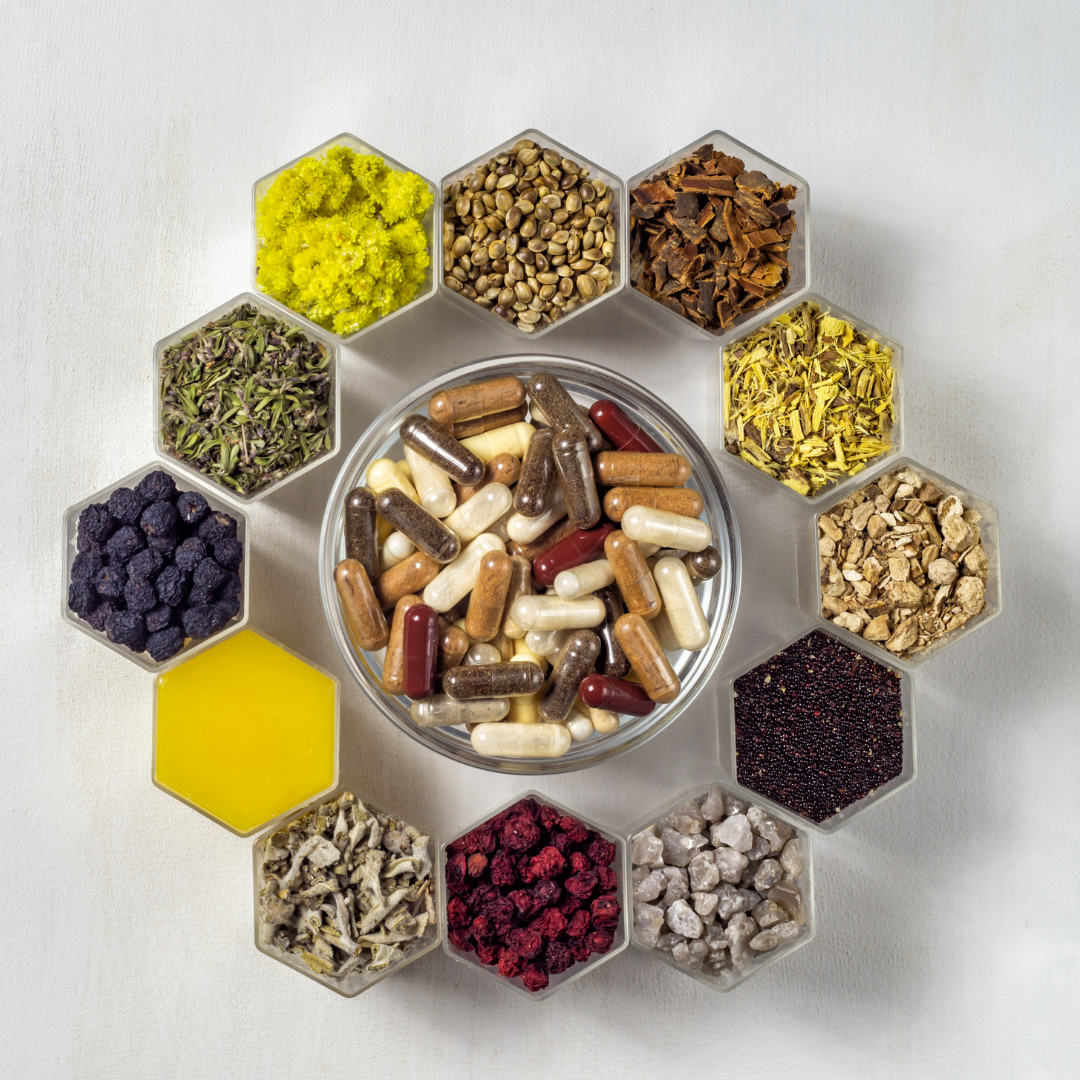
Botanical Identity and Purity Testing
As part of current good manufacturing practices (GMP), the U.S. Food and Drug Administration (FDA) requires a dietary supplement to consistently meet established specifications for identity, purity...
Read more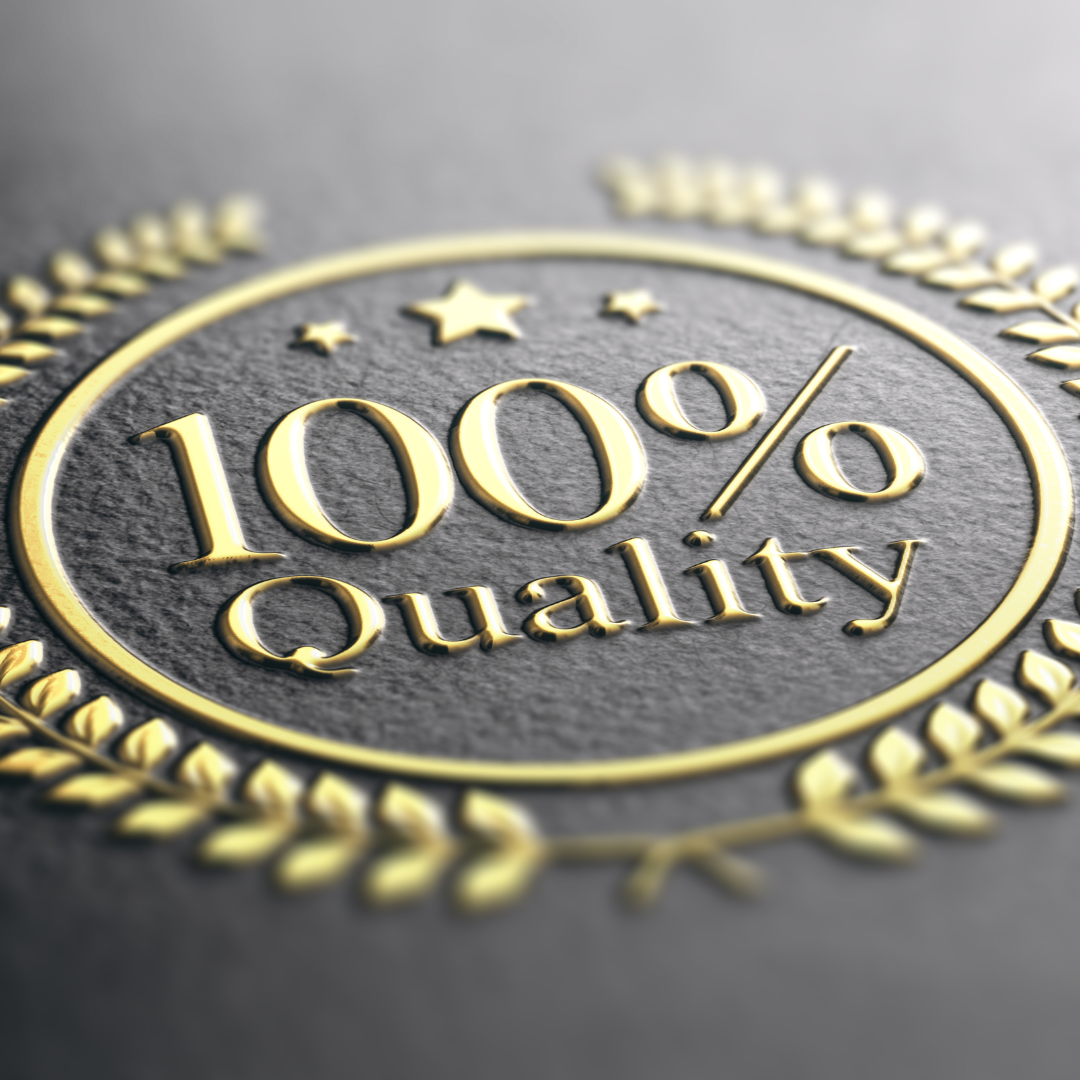
Strengthen Your Product with Proven Quality
Ensuring your product meets a proven standard of quality requires a testing laboratory with an involved quality department, ensuring trained employees follow an established quality management syste...
Read more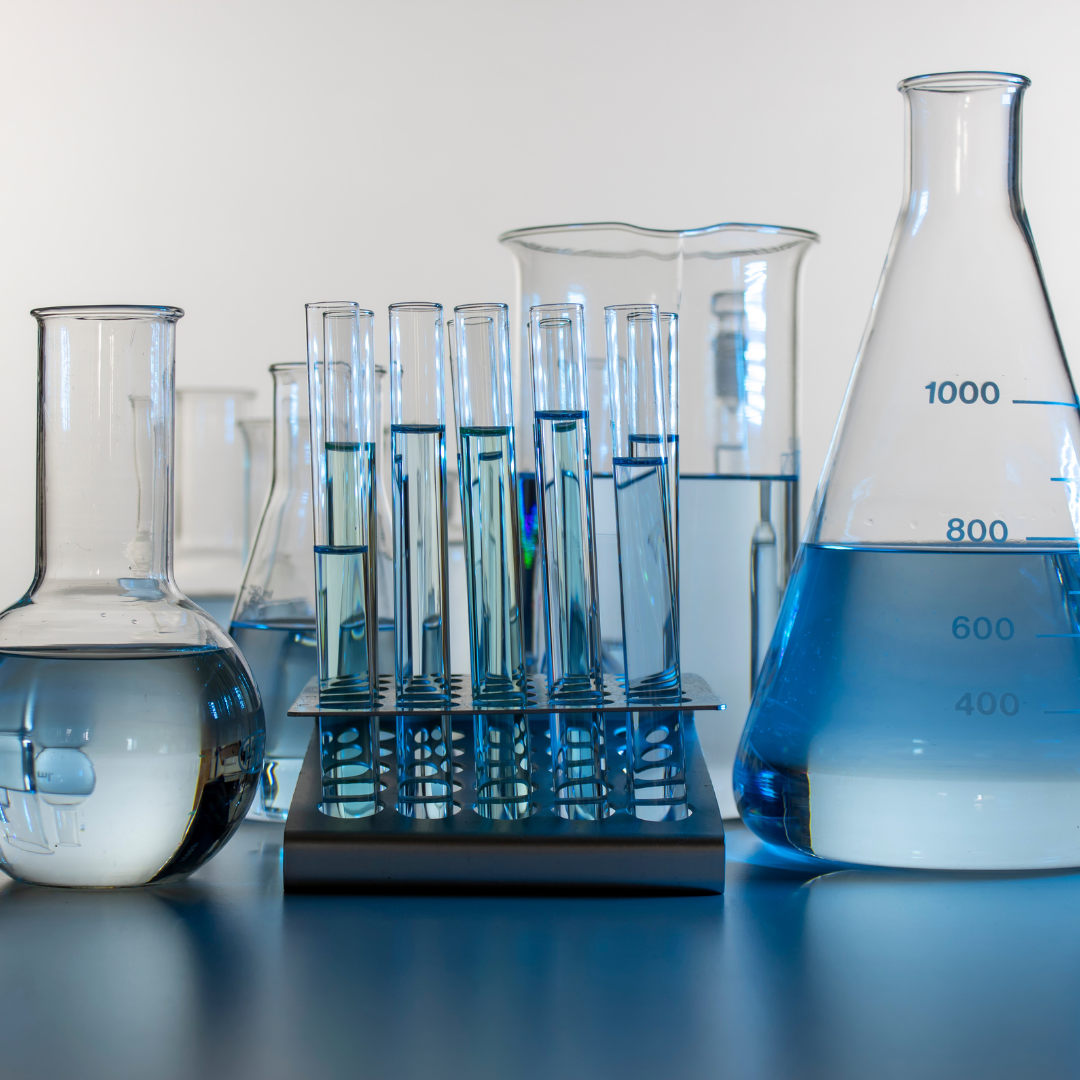
HPLC Analysis with Diode Array Detection
High-performance liquid chromatography (HPLC) ‒ one of today’s most common sample analysis techniques ‒ separates compounds from a soluble mixture for the identification of target analytes. Using d...
Read more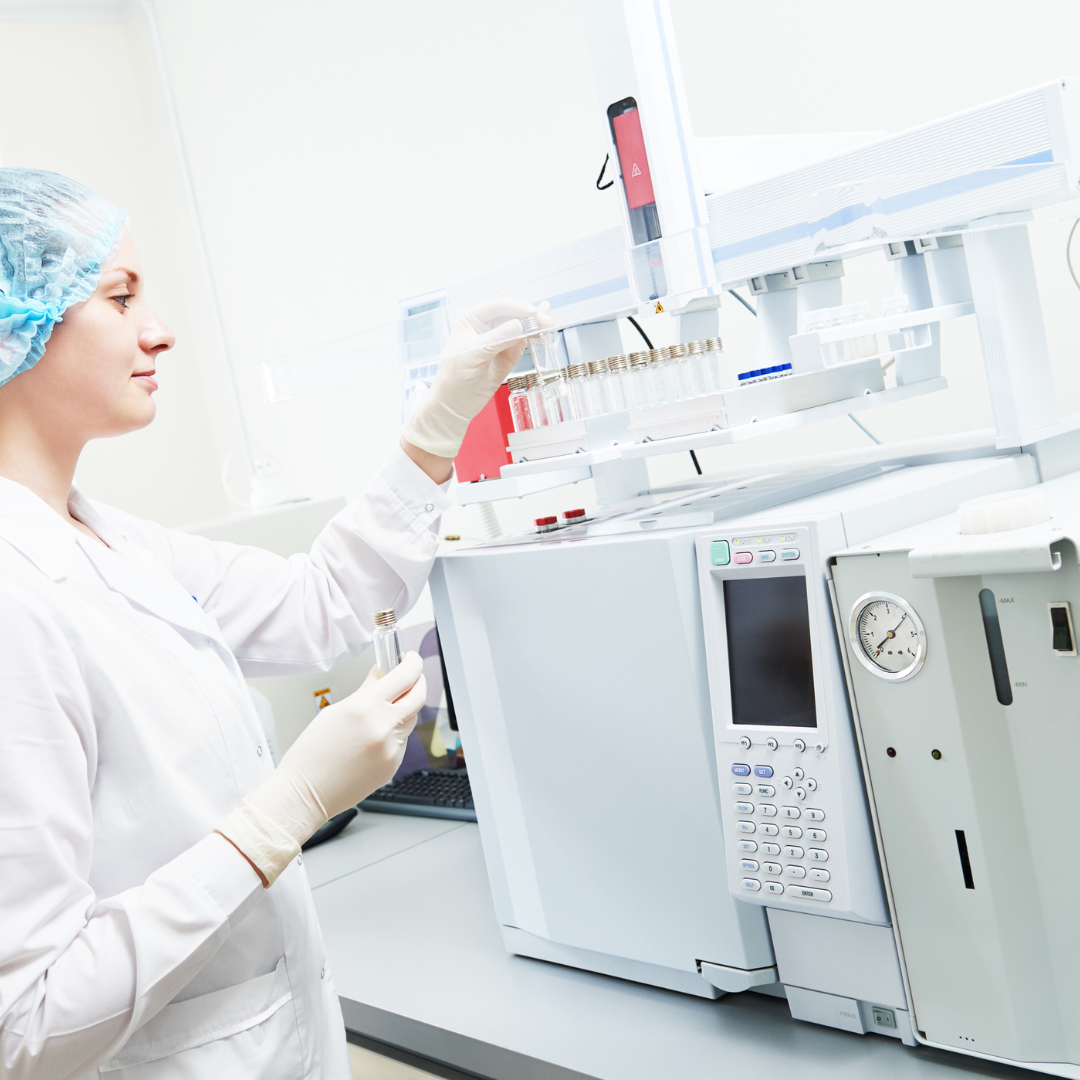
Advantages of Gas Chromatography
Advantages of Gas Chromatography Since its development in 1952, gas chromatography (GC) has been (and remains) one of the most widely used techniques in analytical chemistry. GC separates and quant...
Read more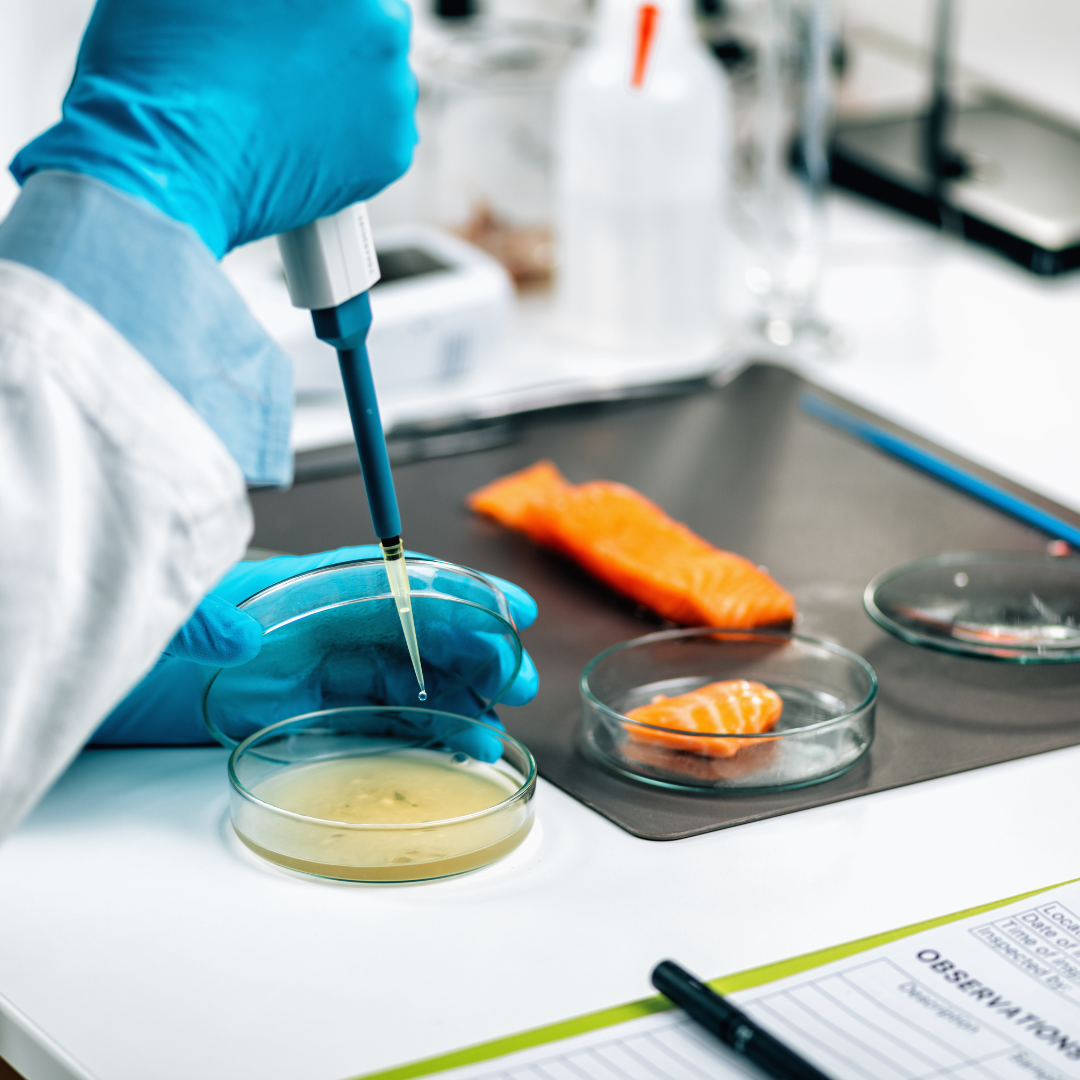
Food Laboratory Testing Services
Food is awesome. The right nutrition fuels our bodies and brains to operate at optimal levels. What is and is not in our food keeps us healthy and active. For public safety and educated consumer...
Read more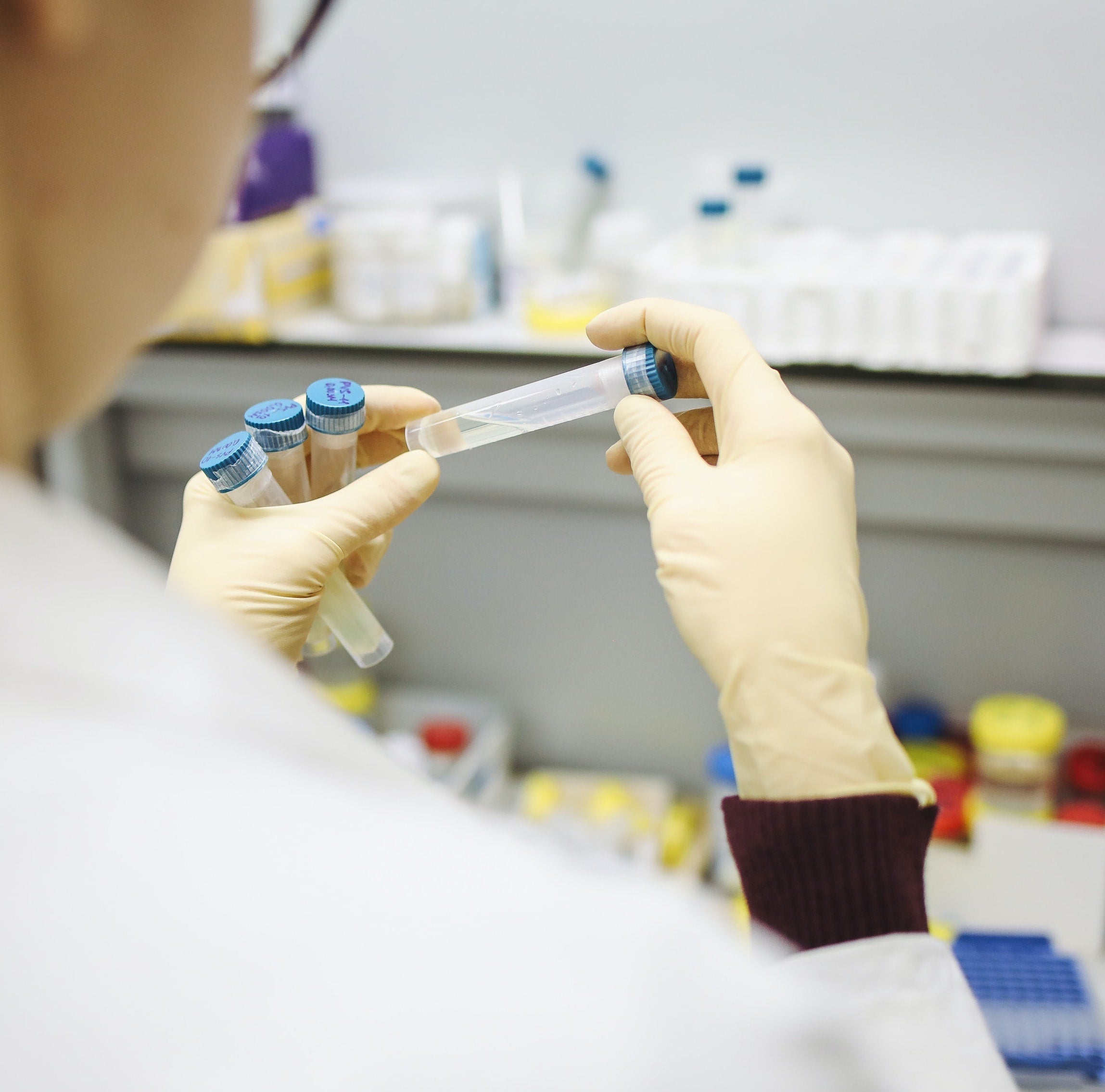
High-Performance Thin-Layer Chromatography (HPTLC)
High-performance thin-layer chromatography (HPTLC) is a powerful analytical technique that relies on polarity differences to separate the components of a mixture. HPTLC is used to assess substance ...
Read more